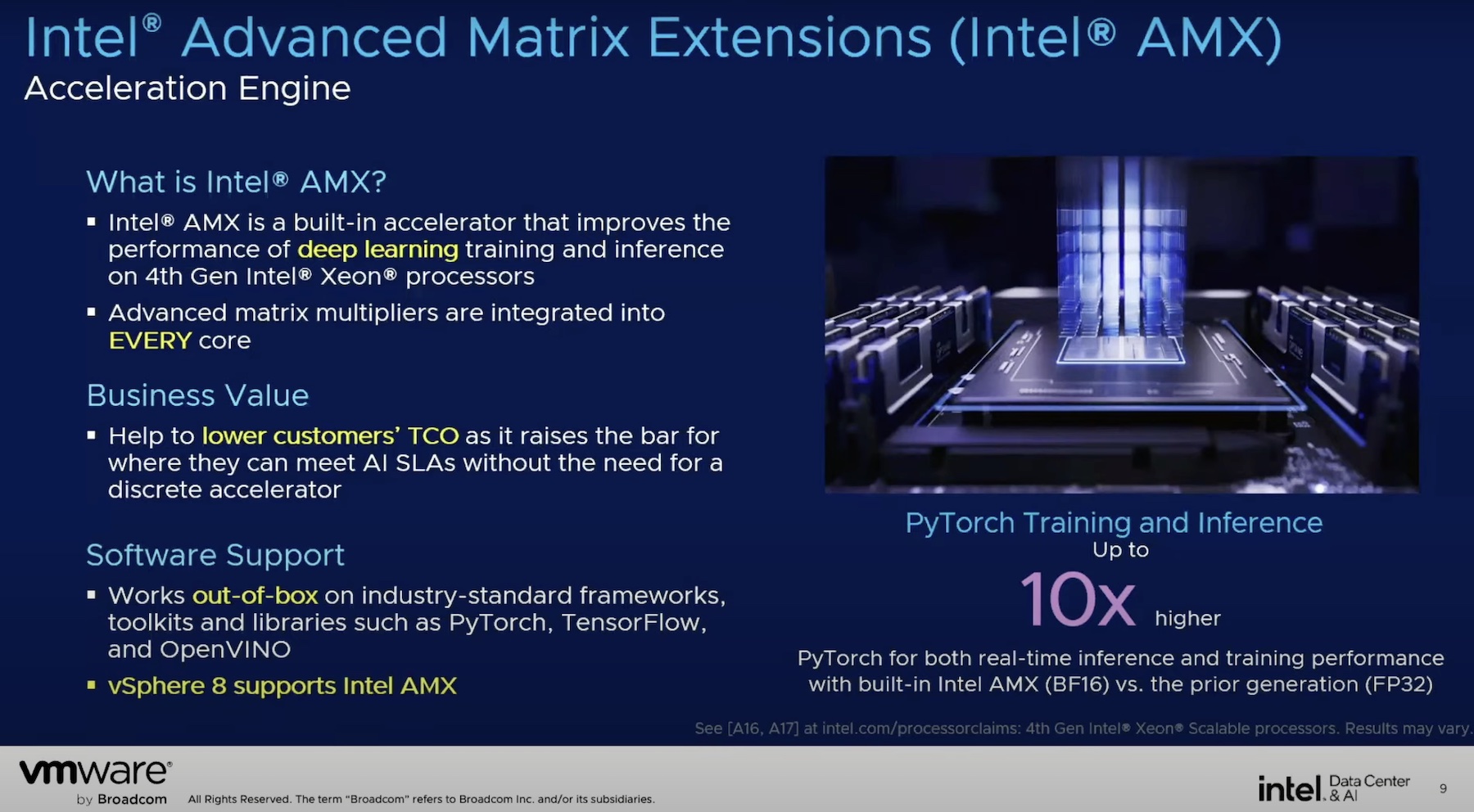VMware, Cisco, and EMC made their official announcement of the VCE Coalition and the joint venture Acadia this morning. You can read one of the press releases here via MarketWire.
Acadia is interesting, but it really isn’t the meat of the announcement, in my opinion. The real substance of the matter is the nature of the coalition. There are many interesting questions/thoughts circling in my head right at the moment:
- What impact will this have on VMware’s relationship(s) with HP, IBM, and Dell? “Throwing their hat in the ring” with Cisco’s UCS, so to speak, may greatly endanger VMware’s much larger (with respect to revenue) relationships with other OEMs. What will happen to VMware if those OEMs “throw their hat in the ring” with Microsoft and Hyper-V? This is not a good place to be.
- The acrimonious Cisco-HP relationship adds further fuel to the concerns over VMware’s close alliance with Cisco’s computing platform.
- Does this new coalition signal a move away from the “arms-length” relationship between EMC and VMware, a move that some (competitors, notably) have been talking about for some time? If so, what danger does that put VMware in with regards to storage relationships?
- It seems to me that VMware has the most to lose here. What does EMC lose if this doesn’t go well? Nothing, really. What about Cisco? Nothing, really. VMware, on the other hand…well, it could be ugly.
- What does this coalition offer that the three companies couldn’t deliver without the coalition? Why risk important relationships? This is a big question in my mind. Lots of technology companies have delivered validated designs without any sort of formal coalition. Why is one necessary in this case?
- On the other end of the spectrum–keeping Acadia out of the picture for the moment–is this “new coalition” really anything more than what the three companies have already been doing? Is this really anything more than each of the companies dedicating resources to this effort? I know from my own direct interaction with at least one of these vendors that resources had already been dedicated to the VCE technology intersection before any sort of formal announcement. So, does this formal announcement really mean anything at all?
I don’t have any answers (yet), but you can at least read my thoughts–and contribute back to them via the comments–without having to pay $499 to some analyst firm.
By the way, if you’d like some other viewpoints on this matter, here are a couple from opposing viewpoints:
NetApp – Jay’s Blog: The Importance of Being Open
Chuck’s Blog: Announcing the VCE Coalition
Feel free to speak up in the comments below (courteous comments only, please, and be sure to include full vendor disclosure where appropriate). Thanks!





Scott, I think you are right on when it comes to the benefits and pitfalls for the big 5 who will be effected here (EMC, Cisco, VMWare, HP, IBM). For EMC this is a no brainer, the only relationship they would have to worry about might be Dell and that's well past over. I think Cisco has a potential loss if UCS flops. They have Vista-like excitement and marketing going into UCS. If it doesn't become a hit (and they will need some decent market share for it to be a hit) I think it could be a huge black eye. However, I don't think that black eye really will effect anyone's perception of Cisco's core products or value. You are right on with VMWare. While they are the smallest of the three partners in VCE (they even get last billing) they have ongoing HP and IBM relationships. VMWare has the most to lose, but I don't think they have enough skin in the game to truly tick off HP and IBM to the point where they turn to MS.
On the positive side of things, I think VCE has the potential to grow some legs and become the big enterprise cloud legitimacy that everyone has been waiting for. While anyone can create this solution on their own (with any other parts they want) I think the reputation of these three companies together is enough to get a number of companies to try VCE , who would not even dare to piece this together on their own.
Hi Scott,
I'm inclined to agree that VMware has the most to lose here if things go awry. Thanks for sharing your thoughts on the announcement; enjoyed the read!
Jenny
Hi Scott,
I'm inclined to agree that VMware has the most to lose here if things go awry. Thanks for sharing your thoughts on the announcement; enjoyed the read!
Jenny